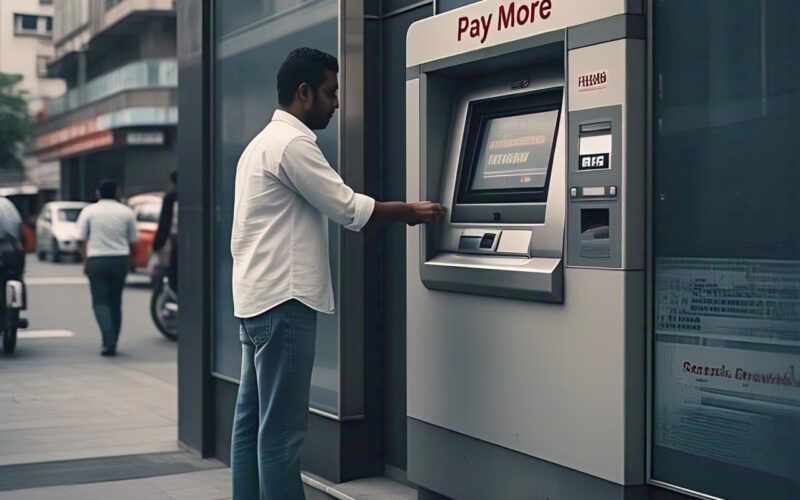#May1PayMoreATMRBI
New Delhi: The Reserve Bank of India (RBI) has announced an increase in interchange fees on ATM withdrawals, making cash withdrawals more expensive from May 1, according to a report by Doordarshan News. This change will impact frequent ATM users, leading to higher withdrawal costs.
An ATM interchange fee is the amount one bank pays another for facilitating ATM transactions. Banks typically pass this cost on to customers. For example, if a customer of HDFC Bank withdraws money from an SBI ATM in Delhi, HDFC Bank may charge a fee after the third transaction at an SBI ATM in a month.
The revision in fees follows requests from white-label ATM operators, who sought higher withdrawal charges due to increasing operational costs affecting their business, as per the DD News report. Customers of smaller banks, which rely on larger financial institutions for ATM services, are expected to be the most affected.
The government continues to encourage digital banking, positioning it as a cost-effective and convenient alternative to cash withdrawals. With the upcoming increase in ATM charges, digital transactions — such as UPI, mobile banking, WhatsApp banking, and internet banking — are becoming more attractive for consumers.
According to an RBI circular issued on October 10, 2014, customers in metro cities (Mumbai, Delhi, Chennai, Kolkata, Bengaluru, and Hyderabad) are entitled to three free ATM transactions per month at other banks’ ATMs. In non-metro locations, this limit remains five free transactions per month.
Bank customers often face failed ATM transactions due to technical errors, raising concerns about whether these unsuccessful attempts count toward the free transaction limit.
As per an RBI circular (dated August 14, 2019), failed transactions caused by technical issues — including hardware or software malfunctions, communication errors, lack of cash in the ATM, or invalid PIN entries — are not counted as valid transactions. Consequently, no charges apply in such cases.
Additionally, non-cash transactions such as balance inquiries, cheque book requests, tax payments, and fund transfers — when performed at the issuing bank’s own ATM — are excluded from the free transaction limit.

